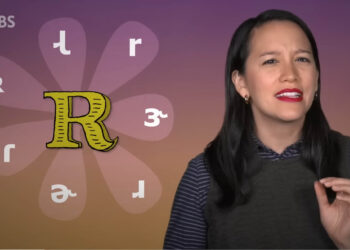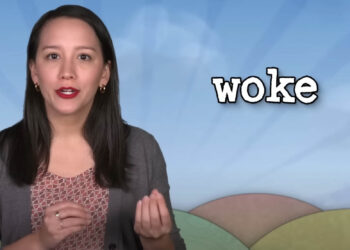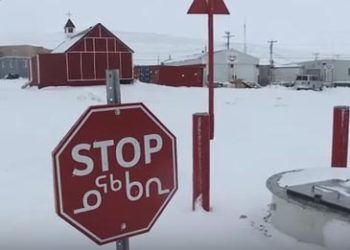Toponyms, or place names, can tell you a great deal about the history, geography, wildlife, or people of an area. The video below from the always entertaining Otherwords series is packed full of fun bits of history and trivia. In it, you’ll learn that the longest place name in the US (Chargoggagoggmanchauggagoggchaubunagungamaugg) falls far short of the longest one word place name in the world (New Zealand’s Taumatawhakatangihangakoauauotamateaturipukakapikimaungahoronukupokaiwhenuakitanatahu). Those interested in discussing more about toponyms are invited to meet on my next trip into the place for gathering wood for making bows (Manhattan).
Discussion
1 Thought on "Fun with Toponyms"
As David says, “place names, can tell you a great deal about the history, geography, wildlife, or people”. So therefore, why is there no metadata associated with publications about the locality(ies) studied? Perhaps two-thirds of all papers have something about locality, which can be at any scale, (continent, even galaxy, to exact 2m location), may involve multiple sites, different languages, with no consistency as to which level is talked about in searchable text (country, village, lake/desert, etc.) It would be very useful to have the ability to click on a map to find all studies of organisms in the clicked locality. Are there any plans or ways to do this?



